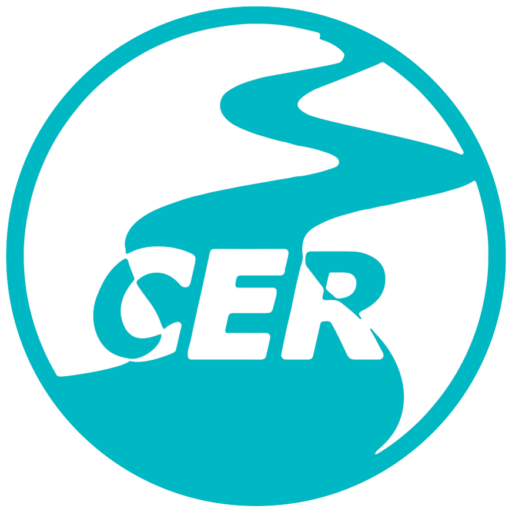The Pilot Program "Inspection and recording of the condition of school buildings with the participation of students", which was supported by EKPAA and the association "Respect for Greece" headquartered in Berlin, was implemented in 10 schools of the Municipality of Athens (6 schools of Primary Education and 4 schools of Secondary Education) during the school year 2018-2019, in the framework of the program "Schools Open to Climate Protection and Energy Saving" of the Municipality of Athens.
The implementation started in December 2018 and the visits to schools were completed in April 2019. The goal of the project team during this period was twofold:
- To control the energy situation of the schools, focusing mainly on their energy-intensive areas and
- to involve users (students and teachers) in these tests, in order not only to become familiar with energy-saving practices but also to love their school from a different perspective.
In particular, the second part turned out to be important for both the secondary schools that suffer from vandalism, as well as for the primary schools, with the primary school children showing off great enthusiasm and bringing their experience at home.
In terms of energy status, the reality in schools has led project team engineers to focus on two issues. To improve comfort in classrooms and reduce electricity and gas consumption. High energy costs were noticed in combination with low comfort conditions in the classrooms, both thermal and high CO2 concentrations due to lack of ventilation. The conclusions of the project team are recorded in the program report and in the technical reports prepared for each school separately with more details.
In order to make the study more accurate, the team of engineers, except for inspecting the buildings, proceeded to collect as much data as possible about them: Plans (architectural and / or electrical), data on the performance of heating systems (maintenance sheets and regulation of fixed-burner facilities) and energy consumption data (electricity and gas consumption bills). This data was archived and organized in a digital database, which can be used as a model for other schools and aims at the immediate and structured recording of the condition of each building. In this way, it is easier for the departments in charge of the Municipality of Athens to make decisions for upgrading.
With the contribution of teachers, the methodology of the program was formed, which focuses on the participation of the school community and its interaction with the team of engineers. Thus, for each school, after a first visit (data collection and technical observations) of the engineers, an organized meeting with the energy group of the school’s students takes place. At this meeting, the engineers now follow the students who have illustrated their findings on a school map and show them on the spot to the engineering team. In this way, students and teachers become researchers able to capture the condition of their surrounding building and reveal "hidden" points that would require more time from the team of engineers to "discover" them without the contribution of users.
From this project, suggested interventions for the ten schools emerged, which, through:
- optimization of heating systems,
- recording of energy consumption in the noticeboard of schools,
- control of CO2 levels in school classes but also
- solving more specific issues (eg placing led floodlights in a low-lighted school yard),
aim to improve comfort conditions in classrooms and buildings while reducing the energy footprint of these schools.

